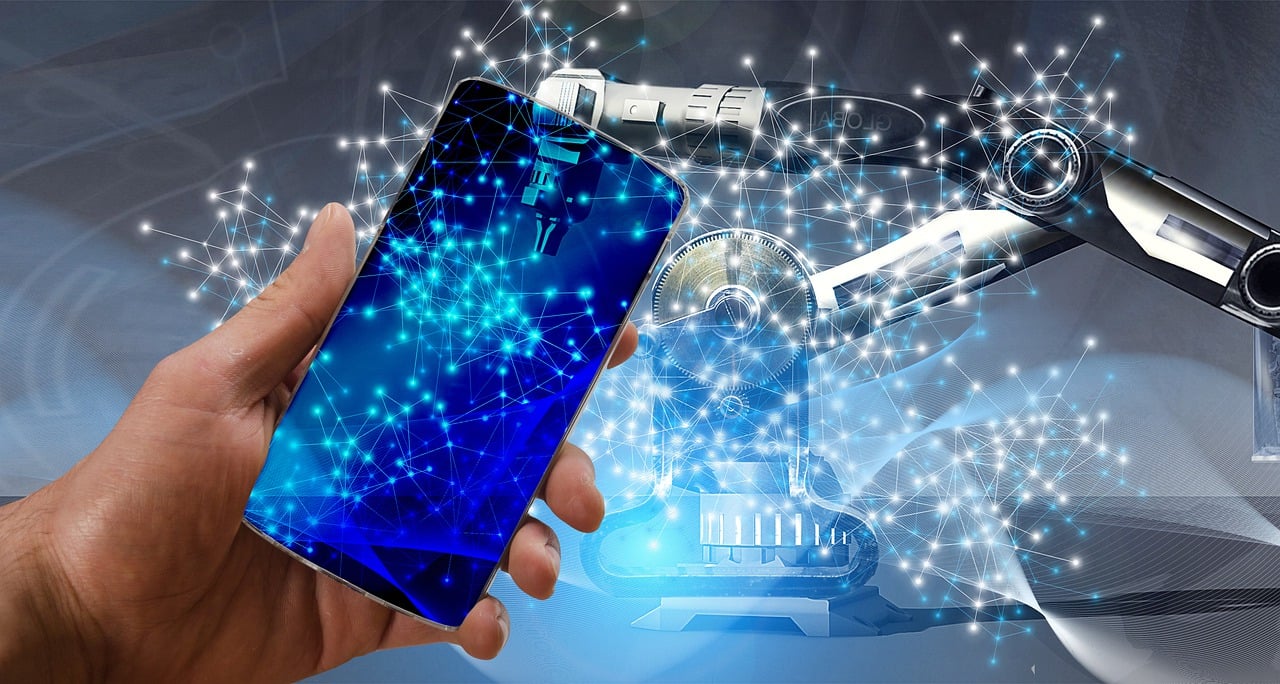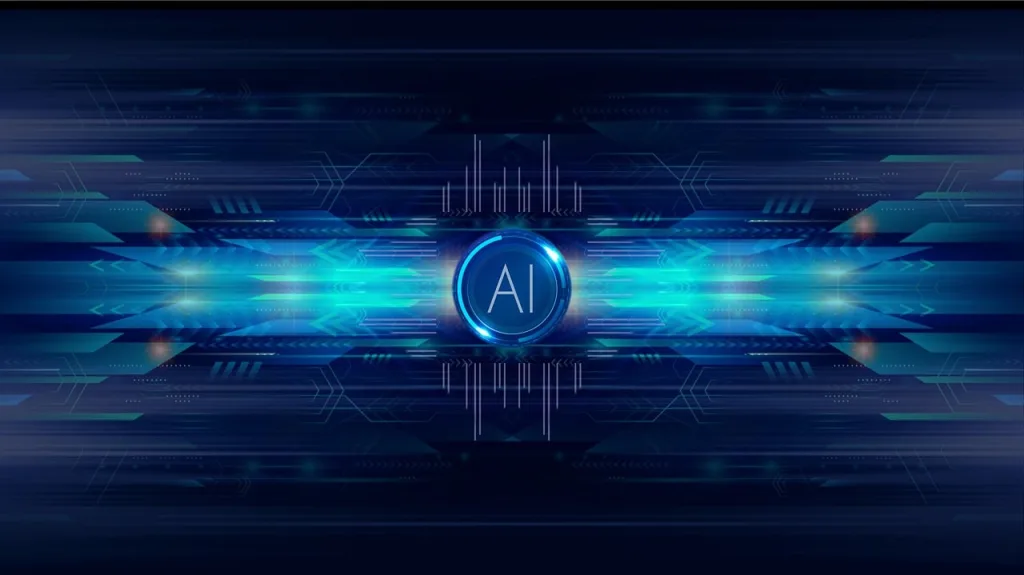How Artificial Intelligence and Machine Learning are Leading the Way for Next-Gen App Modernization
By Arrk Group |
|
5 mins read |

In today’s quickly changing digital market, businesses are incorporating AI and ML into their existing offerings to meet customer expectations. At the forefront of app modernization are machine learning and artificial intelligence (AI). Businesses may improve user experiences, boost overall app security, and expedite procedures with the aid of these technologies.
Let’s now explore how AI and ML contribute to the modernization of apps and how businesses may leverage these technologies to maintain their competitiveness in the online space.
What is App Modernization?
The process of updating and improving the functionality and performance of current mobile applications to meet the demands of the business today is known as app modernization. To improve usability, performance, and security, the approach asks for making adjustments to the app’s architecture, features, designs, and infrastructure.
What part do AI and ML play in modernizing apps?
Technologies such as AI and ML help computers learn, analyze, and help in the decision making process on acquired data. Both AI and ML systems use statistical models to find patterns in data and make predictions. However, as time goes on, AI and ML are gradually changing how web applications are created. These days, they can be applied to a variety of tasks, including predictive analytics, picture identification, behavior tracking, and natural language processing. In order to enhance the entire user experience and provide customers with tailored recommendations, AI and ML are also used to optimize in-app performances.
Examples of where AI and ML are used in App Modernization
Artificial Intelligence and Machine Learning are both being used in multiple areas of App Modernization. These include:
- Natural Language Processing (NLP): Both rely on AI technology to help explain human language accurately and offer the right responses. Thanks to NLP, these AI and ML-based systems are able to understand natural language and parse idioms and regional vernaculars to offer precise answers. NLP improves the user experience by making voice assistants and chatbots more approachable.
- Predictive Analysis for personalized recommendations: Predictive Analytics is revolutionizing how businesses connect with customers. This key feature helps companies offer customized experiences to their customers. Businesses can provide individualized recommendations based on the analysis of vast volumes of data to assist identify customer behavior by utilizing predictive analytics. Businesses can now employ machine learning (ML) algorithms to predict and propose items and services that their customers would like, hence increasing customer engagement and loyalty.
- Identifying Anomalies in Fraud Cases: These days, anomalies in the digital world are being found using AI and ML. The sheer amount of data that governments and other organizations, like financial institutions, are gathering has rendered traditional ways of spotting fraudulent activity outdated. Intelligent systems that can help businesses learn from the data to find odd patterns that can help predict probable anomalies are being built using AI and ML. For example, ML algorithms can be used to track any suspicious transactions by learning from previous fraudulent activities and offering real-time insights.
 What are the benefits of AI and ML in app modernization?
What are the benefits of AI and ML in app modernization?
AI and ML both have multiple benefits when it comes to app modernization. Businesses can use these technologies to automate their repetitive tasks, improve user experience, optimize app performances, and offer real-time analytics. Some benefits AI and ML provide for app modernization are:
- Optimizing in-app performance in AI and ML: AI and ML help businesses optimize app performances in predicting, detecting, and resolving issues before they turn critical.
- Improving usability and accessibility: These technologies can help analyze user behavior, languages, and accessibilities needed to ensure that the app is user-friendly.
- Tracking real-time performances: Businesses may gain real-time insights into user behavior and in-app usage using real-time performance monitoring that leverages AI and ML. Through real-time monitoring, organizations may detect issues, address them, and enhance the entire customer experience.
- Improve downtime and improve availability: Downtime leads to significant losses in revenue, a decrease in productivity, and overall brand damage. By using AI and ML, businesses can reduce their overall downtime and improve application availability.
- Streamlining workflows: Developers may spend more time on complicated tasks by using AI and ML to automate repetitive operations like data entry and analytics.
 What difficulties do AI and ML have when it comes to app modernization?
What difficulties do AI and ML have when it comes to app modernization?
AI and ML in app modernization do have their benefits, but there are some challenges that businesses can face when implementing both for App Modernization:
- Problems with data security and privacy: Using AI and ML demands big datasets, which could cause privacy problems. Developers must therefore ensure that data storage is managed securely and that all privacy regulations are observed.
- Limited resources: Specific resources and expertise are required for the use of AI and ML in app modernization. However, that can be highly costly and time-consuming. It can present significant challenges for small firms.
- Ignorance: Artificial Intelligence and Machine Learning are extremely intricate fields requiring specific knowledge. There is a dearth of qualified workers, yet finding the proper candidates might be difficult for companies.
The Future of App Modernization by Using AI and ML
In the field of app modernization, AI and ML have a bright future. Experts predict that by 2030, the total application of modernization worldwide will amount to USD 30.5 billion. Businesses can enhance consumer experiences, cut expenses, and increase app performance with AI and ML. Additionally, it can support businesses in comprehending their data and making data-driven choices. With the overall increase in adoption of cloud computing and big data analytics, AI and ML are significant contenders in app modernization, especially in the years to come.



 What are the benefits of AI and ML in app modernization?
What are the benefits of AI and ML in app modernization?  What difficulties do AI and ML have when it comes to app modernization?
What difficulties do AI and ML have when it comes to app modernization? 




